
This Canadian French language parody was universally panned by critics. The resulting controversy concerned questions of indiscriminate government funding of such obviously terrible material. Written by Francois Camirand and Pierre Plante, who also made his directorial debut with the film. The story centers on dopey, dull-witted Fredo who has inherited his late uncle's shipping company. Con artist Angelo is his racquetball partner. Angelo has doggedly been trying to convince Fredo that he is a famous film producer so Fredo will invest in his latest film. This sets Fredo to dreaming about films and these daydreams comprise the basis of the parody sketches that attempt to make fun of such genres as martial arts films, gangsters flicks, sexy Italian romances, and one scene where the filmmakers combine The Piano with Crocodile Dundee.
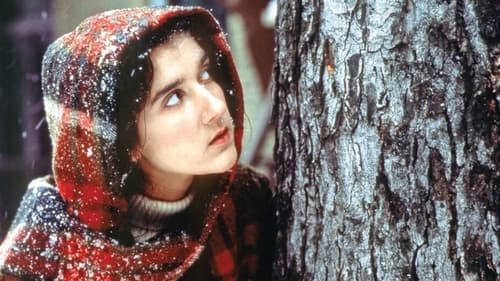
Rollande Gélinas
Beaten and live an unimaginably difficult childhood, Elisa Trudel and her sister Madeline Trudel still have hope in their heart. Beaten both by their heartless mother. Their mother that this remarried with another man after their father died of a heart attack. Day after day, Elisa and Madeline overcomes the challenges and they discovers the key to be happy, is love. Based on a true story happened in the 70s.

When 24 year old apiring actor Mathieu meets and falls for 39 year old Jean-Marc who has just ended a seven year relationship, things are not all roses. In addition to their age difference there's the matter of Mathieu's five year old son from a previous marriage.

Aunt Adèle
Continuing a saga that began with his previous, 1978 film, Vautours director Jean-Claude Labrecque returns with the French Canadian, Louis Pelletier and puts him in the context of the growing separatist movement in the late 1960s in Quebec. At that time, supporters of an independent Quebec began to consolidate their power under the Parti Québecois -- and the story of Louis and his wife Claudette are meant to illustrate this watershed in Quebec's history. As the film begins, Claudette and Louis are about to get married -- and their wedding day significantly coincides with preparations for the visit of Queen Elizabeth II. Years later, they are well-established in Montreal and are enjoying visits from their family -- and then their lives start to deteriorate. Louis is suddenly out of work, and as he faces the difficulties of finding another job -- and of living precariously -- he becomes more radical, less accepting of the status quo.
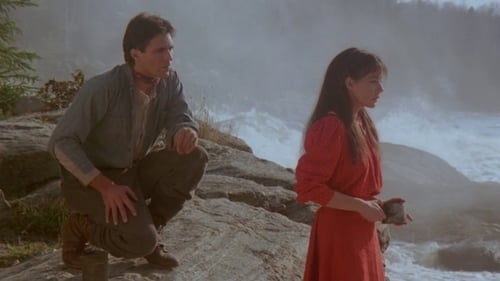
Laura Chapdelaine
A young woman, living with her parents and siblings on a remote farm in harsh, picturesque northern Québec, has three suitors: a steady and unimaginative farmer, Eutrope, the Americanized and wealthy Lorenzo, who has sought his fortune in Boston, and François Paradis, a rough and virile logger who captures her heart despite the warnings of her parents and the village priest. For a year, marked by seasonal change in an atmosphere charged with the strangeness of Indians and the demons of the woods, we see Maria at work and prayer, struggling with decisions, choosing to stay in Canada, in love with François, seeking to change his rough behaviors, and dealing with extraordinary loss.
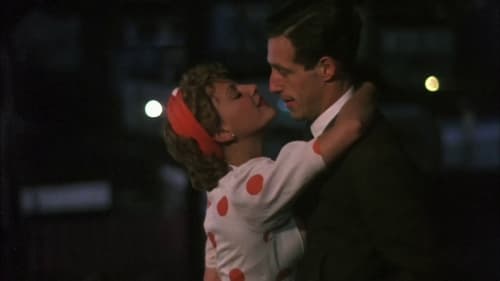
Ramona
The lives of the average Quebecois Plouffe family during the final years of the depression and through World War II.

Les Grands Enfants does not tell a story in the traditional sense. Instead, it offers an honest image of people's dreams of change : people often unemployed, dissatisfied in some way with their work, or caught up in complicated social relationships. The film is set in Montreal.

Grande Admiratrice de Jeannot
A television host tries to react to the process of alienation that the public is subjected to from variety shows.
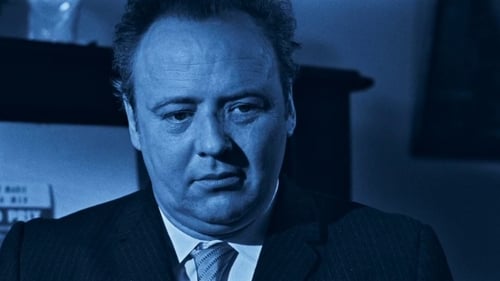
Adèle McKenzie
Although he is something of a layabout, and is still living with his mother, her death comes as something of a shock to Louis Pelletier (Gilbert Sicotte). Still, he has hopes of some sort of legacy and believes that his relatives will help him find a job. All his hopes are dashed when, before the funeral, his three aunts come to Quebec City to settle their sister's estate. As grasping and efficient a crew as ever strode a parlor, by the time they leave, the estate has been cleaned to the bones, as if by vultures.

A widow must cope with her late husband's associates, crooked Japanese businessmen who want her shares of a rich Northern Quebec land and a Jewish con man who wants to get a hand of her mysterious synthetic fur coat.

Mrs. Thibault, The Neighbour
A fact-based account of ordinary citizens who found themselves arrested and imprisoned without charge for weeks during the October Crisis in 1970 Quebec.

Bec de lièvre
Two women and a transvestite gay man cross paths in this French Canadian drama. The transvestite is preparing for a drag-queen beauty pageant, and has decided to present himself as Cleopatra. Of the two women, one was just fired from her waitressing job and seeks to go back to work at the nightclub where the beauty pageant is to be held. The other woman's mother has just won one million food stamps.
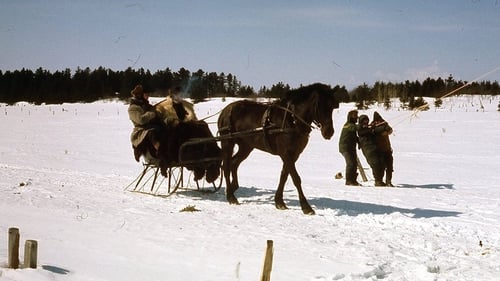
A writer, Kamouraska is based on a real nineteenth-century love-triangle in rural Québec. It paints a poetic and terrifying tableau of the life of Elisabeth d'Aulnières: her marriage to Antoine Tassy, squire of Kamouraska; his violent murder; and her passion for George Nelson, an American doctor. Passionate and evocative, Kamouraska is the timeless story of one woman's destructive commitment to an ideal love.
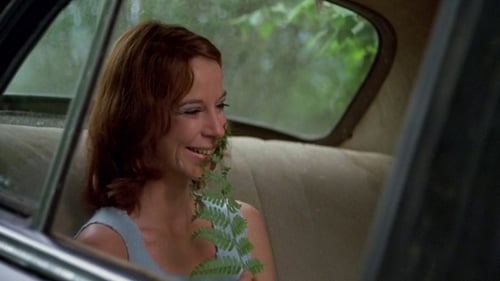
Mme Beaudoin
A family that does not conform to the social norms of a small village must suffer the intolerance of the other villagers when the mentally-challenged son falls in love with the schoolteacher.

A young boy learns the rituals of what his father and his friends perceive as manhood on a weekend hunting trip.

Fictional character played by 24 different actresses, Françoise Durocher is altogether small time waitress, hostess and barmaid. Together, according to the author, they represent the archetypical Québec waitress that everyday waits on us with a smile, despite whatever problems she faces in her personal life. First cinematographic experience of the Brassard-Tremblay tandem, this film full of ironic joy details all the nuances of the waitress living conditions.

Backyard Theatre is a documentary about playwright Michel Tremblay and director André Brassard’s flavourful brand of Quebec theatre, which captured the earthy wit and joual (slang) of Montreal's East End working-class neighbourhood. The film features impromptu improvisation by the cast of Les belles-soeurs and Demain matin, Montréal m'attend, two genre-defining plays.
















